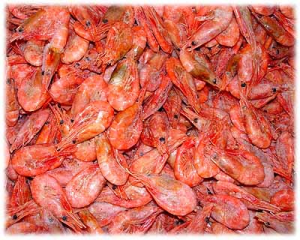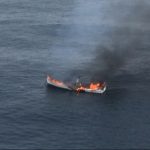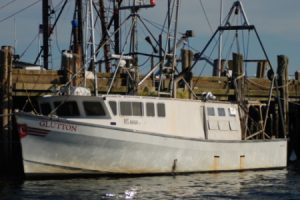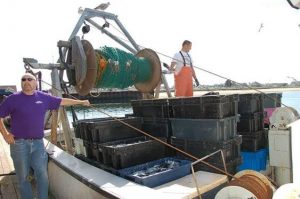Shrimp quota cut in Gulf of St. Lawrence. Divide between science/fisherman never greater

FOR IMMEDIATE RELEASE Wednesday, March 27th, 2019
The Federation of Independent Sea Harvesters of Newfoundland and Labrador (FISH-NL) condemns a 15 per cent cut to the 2019 northern shrimp quota in the Gulf of St. Lawrence for the province’s inshore harvesters.
“Our harvesters pushed for an increase — not a cut — but no one’s listening,” says Ryan Cleary, President of FISH-NL. “This is yet another example that the divide between DFO science and fishermen has never been greater.”
DFO’s Quebec region announced Tuesday the 2019 total allowable catch (TAC) for northern shrimp in the Gulf of St. Lawrence — including a 15 per cent cut to shrimp available to Newfoundland and Labrador harvesters in the Esquiman Channel. This year’s quota there has been set at 5,066 tonnes — down from 5,960 tonnes in 2018.
Newfoundland and Labrador harvesters had pushed for a 10 per cent quota increase this year, based on the fact their 2018 catch rates were up between 25-30 per cent. That said, harvesters say their log books weren’t factored into DFO’s latest science.
The Gulf shrimp fishery opens April 1st, but Newfoundland and Labrador shrimp harvesters voluntarily choose not to fish until May 1st to avoid landing “spawny” shrimp, and to prevent catching caplin mixed with the shrimp. The fishermen say that by May 1st the shrimp move off to deeper water, and the caplin head to shoal water.
DFO, however, decided against formally delaying the opening of the shrimp fishery until May. Harvesters also question the DFO science in that it’s based on relatively few scientific tows, many of which are carried out at night when the shrimp is higher in the water column and harder to catch.
FISH-NL has called on Ottawa to recreate the Fisheries Resource Conservation Council (FRCC) to help bridge the gap between fishermen and scientists. Created in 1993 to listen to all sides and provide advice to the federal minister of Fisheries and Oceans on quotas for various species, the FRCC was disbanded in 2011 by the former Stephen Harper administration.
-30-
Contact Ryan Cleary: 682 4862















































